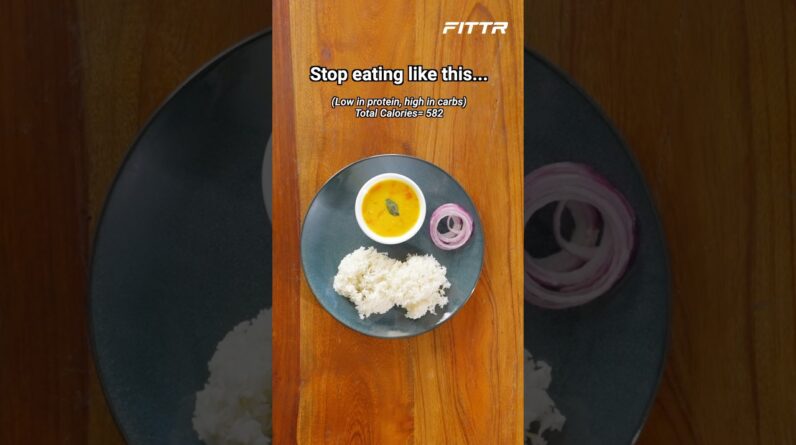
Carb Up or Cool Down: The Lowdown on Post-Workout Carbs
The Importance of Post-Workout Nutrition
After a grueling workout, your body is in need of replenishment. One crucial aspect of post-workout nutrition is carbohydrates. But should you carb up or cool down? Let’s dive into the science behind post-workout carbs and find out what works best for you.
Understanding Post-Workout Nutrition
Post-workout nutrition plays a vital role in maximizing your exercise benefits and aiding in recovery. When you exercise, your body depletes its glycogen stores, and your muscles undergo microscopic damage. Consuming the right nutrients after a workout helps replenish glycogen stores and promotes muscle repair and growth.
The Role of Carbohydrates
Carbohydrates are the primary fuel source for your muscles during exercise. They provide quick energy and help prevent muscle breakdown. Consuming carbs after a workout is essential to replenish glycogen stores and initiate muscle recovery.
However, there is an ongoing debate about whether it’s better to consume high-carb or low-carb meals post-workout. Let’s explore both sides of the argument.
High-Carb Approach
The high-carb approach to post-workout nutrition suggests consuming a meal rich in carbohydrates within 30 minutes to two hours after exercise. This strategy aims to rapidly replenish glycogen stores and promote muscle recovery.
High-carb meals typically consist of foods like rice, pasta, potatoes, or bread. These foods have a high glycemic index, meaning they raise blood sugar levels quickly, leading to a rapid release of insulin. Insulin helps shuttle glucose into your muscle cells, aiding in glycogen synthesis.
Advocates of the high-carb approach argue that this quick replenishment of glycogen stores is crucial for athletes and individuals engaging in intense workouts. It ensures optimal performance in subsequent workouts and reduces the risk of muscle breakdown.
Low-Carb Approach
The low-carb approach, on the other hand, suggests consuming a meal with fewer carbohydrates after a workout. Instead, the focus is on consuming a balanced meal that includes protein and healthy fats.
Proponents of the low-carb approach argue that consuming fewer carbohydrates after exercise can enhance fat burning and improve insulin sensitivity. They believe that when your body is low on glycogen, it becomes more efficient at using stored fat as a fuel source.
Additionally, combining protein with a moderate amount of carbohydrates can still promote muscle recovery and growth without the need for excessive carb intake.
The Middle Ground
While the high-carb and low-carb approaches have their merits, many experts suggest a middle ground when it comes to post-workout nutrition. This approach involves consuming a balanced meal that includes both carbohydrates and protein.
Aim to consume a meal within 30 minutes to two hours after your workout that consists of complex carbohydrates like whole grains, fruits, and vegetables, along with a lean source of protein such as chicken, fish, or tofu. This combination provides your body with the necessary nutrients for glycogen replenishment and muscle repair.
It’s important to note that individual needs may vary based on factors like exercise intensity, duration, and personal goals. Consulting with a registered dietitian or nutritionist can help you determine the best approach for your specific needs.
Conclusion
Post-workout nutrition is crucial for optimizing your exercise benefits and promoting muscle recovery. While the debate between high-carb and low-carb approaches continues, finding a middle ground that includes both carbohydrates and protein seems to be the most beneficial.
Remember, what works for one person may not work for another, so it’s essential to listen to your body and experiment with different approaches. By fueling your body with the right nutrients after a workout, you can maximize your fitness gains and achieve your goals.








